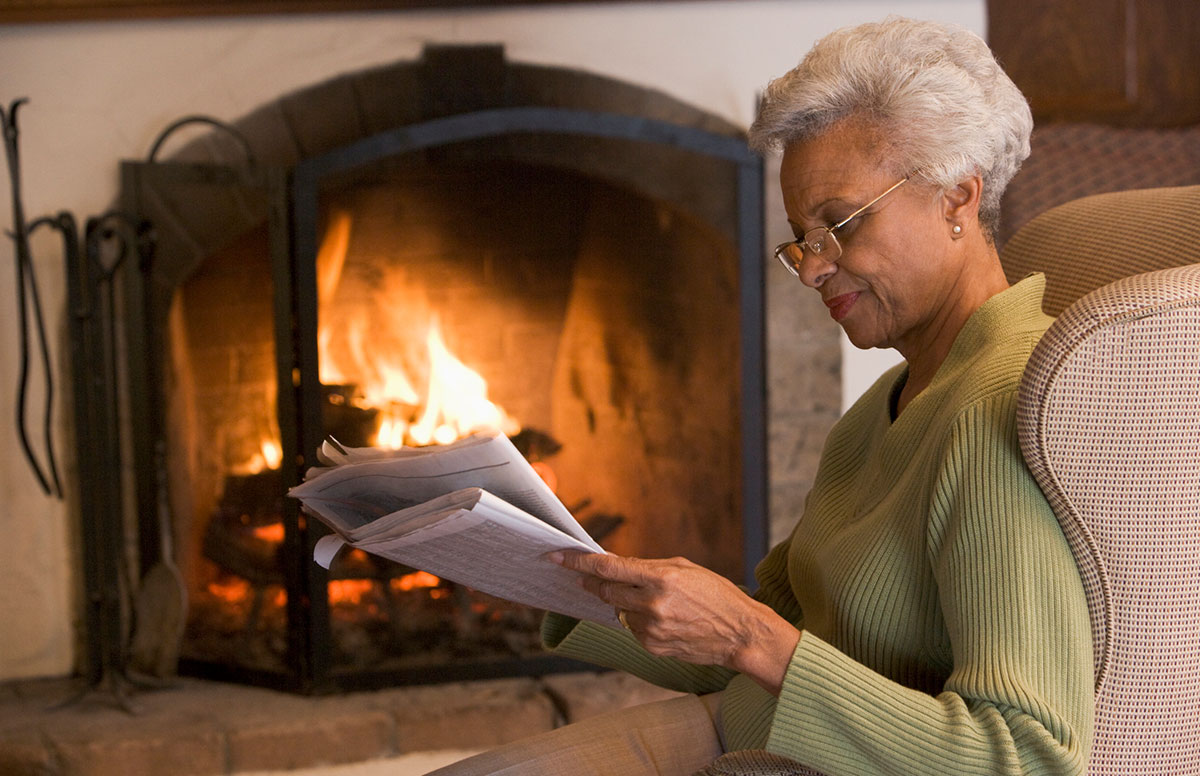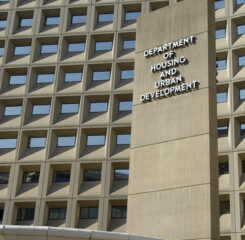Study Recommends Free Wi-Fi in Affordable Housing
A recent study named putting free resident Wi-Fi in government-run affordable housing properties as its top priority. “Impact of COVID-19 on Residents Living in Federally-Assisted Housing: A National Survey of Resident Service Coordinators” presented results from a survey of 1,440 service coordinators nationwide, primarily those who work in a U.S. Department of Housing and Urban Development-assisted property with adults aged 62 and older. The Johns Hopkins Bloomberg School of Public Health, Johns Hopkins School of Medicine, and the American Association of Service Coordinators conducted the survey.
Lack of Video Calls’ Effect on Health and Wellness
Survey respondents outlined several resident challenges that COVID-19 brought, including limited uptake of video calls due to lack of internet access, technology challenges, and poor technology literacy among residents. Internet access can help address two other challenges identified, loneliness and delayed medical care.
For example, telehealth could positively impact residents’ health. Of service coordinators, 43% are aware of residents who avoided seeking routine medical care during the pandemic as well as elective procedures and care for conditions such as falls or infections. Residents avoided care because they were afraid to take transportation services to appointments, and family members were unable to take them. Residents also feared being in medical offices.
Social connectedness and engagement technologies could also be beneficial, as the pandemic challenged residents’ mental well-being. Service coordinators noted that their residents felt isolated (74%), lonely (68%), and anxious (69%) and missed their regular lives and social connections (61%).
The State of Internet Access
The survey also highlighted the extent of internet access challenges. Just over 20% of service coordinators said that few or no residents have reliable internet access, and only 8% said residents have reliable internet access. When it comes to having the technology for video calls, 34% of service coordinators said that few or no residents have that technology, and only 2% said that residents do have it. Phones are residents’ main source of connection, with 77% of service coordinators saying that all or nearly all residents have reliable access to phones.
Top Policy Recommendation
Free resident Wi-Fi is the survey authors’ top policy recommendation. “Reliable internet and technology along with support for digital literacy is essential to help increase access to telehealth, online grocery delivery and access to other programs,” they wrote. “Equipping each federally-subsidized property with building-wide internet that is free for residents to access is the first step to ensuring residents can stay connected while social distancing and partake in telehealth.” Read the full survey results.
Please see the LeadingAge Technology and Telehealth Policy Priorities, which highlight broadband access in affordable housing communities.
Addressing Uneven Impacts of COVID-19
The report also addressed the uneven impacts of COVID-19 on residents. The authors wrote that “low-income elderly adults, people with disabilities, and racial/ethnic minorities are more likely to experience poor outcomes” from COVID-19 and are “the same populations that are more likely to receive federal housing assistance enabling them to live in designated affordable housing buildings.”
Of the survey respondents, 56% said that more than a quarter of the people they serve are disabled, 32% said that more than a quarter are Black or African American, 27% reported that more than a quarter have limited English proficiency, 20% said that more than a quarter are Latino, and 14% reported that more than a quarter are Asian. These findings point to the potential for free or much more affordable resident Wi-Fi in federal affordable housing to foster a diverse, equitable, and inclusive community as well as equitable access to healthcare services via telehealth.

Most Recommended
November 08, 2024
 HOTMA: New Rules for Housing
HOTMA: New Rules for Housing
November 06, 2024
 Colleagues on the Move, November 6, 2024
Colleagues on the Move, November 6, 2024
November 06, 2024
 Analysis: What Does the Final CY2025 Home Health Rule Include?
Analysis: What Does the Final CY2025 Home Health Rule Include?
October 29, 2024
Katie Smith Sloan Urges Members to Build a Movement, Take Action
Recently Added
December 13, 2024
CAST Members in the News
December 13, 2024
a2 Pilot Awards Open for AI-based Healthy Aging Projects
December 13, 2024
HUD Finalizes 30-Day Eviction Notification Rule
December 12, 2024



